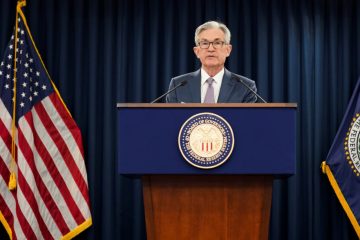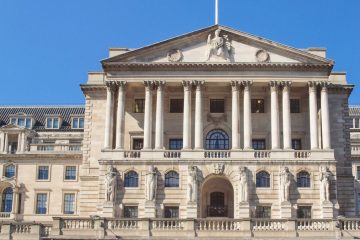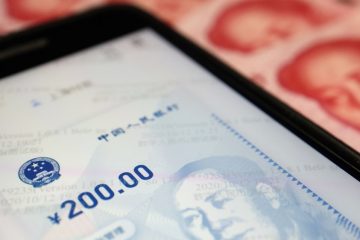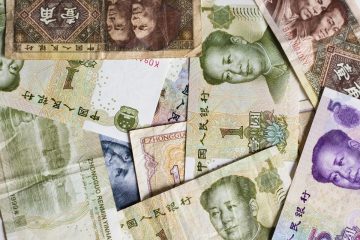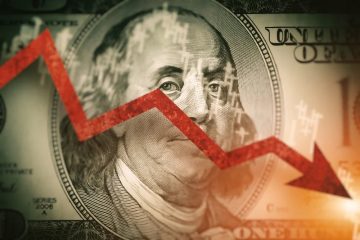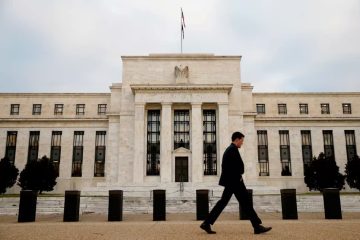Dollar relaxes after steep climb, euro gains on ECB hike
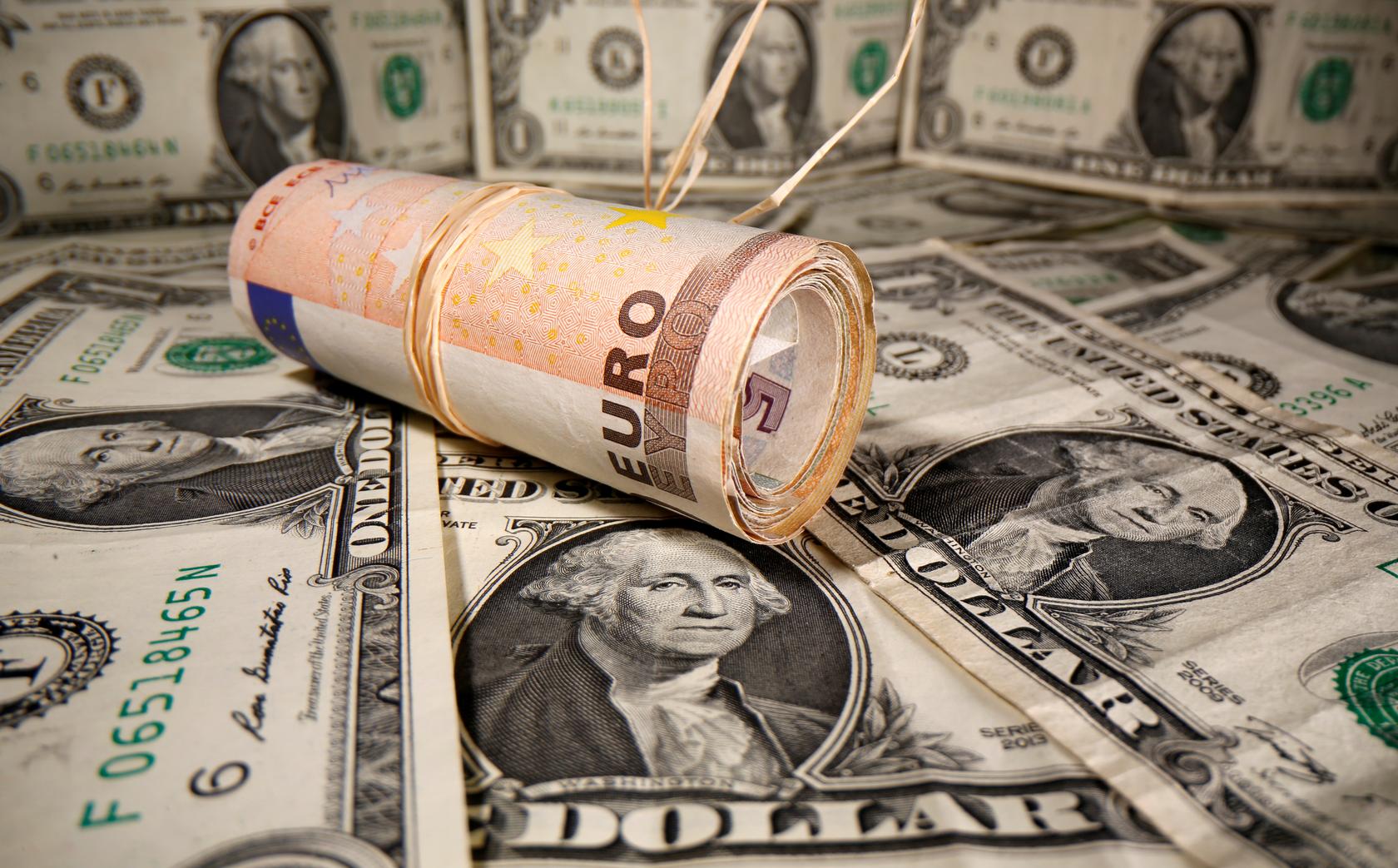
The dollar took a breather from its surging rally on Friday as markets digested yet more hawkish Fed speak, while the euro hung on to parity, helped by an outsized rate hike from the European Central Bank.
Currency moves overnight were calmer for once even as Federal Reserve Chair Jerome Powell reaffirmed the central bank’s aggressive stance against inflation, which reinforced the greenback’s dominance.
The euro was up 0.52% at $1.0050, inching away from its two-decade trough of $0.9864 hit earlier in the week as speculators took profits on crowded short positions.
The ECB on Thursday raised its key interest rates by an unprecedented 75 basis points and promised further hikes to come in its fight against inflation, even as the bloc is likely heading towards a winter recession and gas rationing.
The single currency is on track for a 0.9% weekly gain, snapping three straight weeks of decline, but has nonetheless fallen more than 10% this year.
Meanwhile, sterling was last up 0.43% to $1.1547, reversing its losses from the previous session.
The pound fell overnight after news that Queen Elizabeth, Britain’s longest-reigning monarch and the nation’s figurehead for seven decades, died peacefully on Thursday at the age of 96.
The U.S. dollar index was down 0.25% to 109.25, just off a 20-year top of 110.79.
“Effectively, the ECB and Powell kind of cancel each other out, so there was sort of volatility, but at the end, not much happened in that sense,” said Rodrigo Catril, a currency strategist at National Australia Bank.
“I think the market now is starting to look towards next week, U.S. CPI, and I think to some extent, that will set the tone in terms of what to expect from the Fed.”
Against the Japanese yen, the dollar was last down 0.29% to 143.69, but is up nearly 3% on the week, the largest weekly gain since June.
The yen fell to a 24-year low this week as the policy divergence between the Bank of Japan’s ultra-dovish stance and the rest of the world, particularly the Fed, proved too stark to be ignored.
Japan’s top currency diplomat said on Thursday that the country is ready to take action in the market and will not rule out any options to address “clearly excessive volatility” seen in the yen.
Officials from the Ministry of Finance, the Bank of Japan (BOJ) and the Financial Services Agency (FSA) met the same day to discuss the slide.
“The arguments from the BoJ that a lower currency is net beneficial for the economy starts to ring hollow when the cost of living is still rising, given those energy prices that have been exacerbated by a much weaker yen,” said NAB’s Catril.
The Australian and New Zealand dollars also made early gains in Asia trade, recovering from dips overnight.
The Aussie was up 0.55% to $0.6788, while the kiwi was up 0.47% to $0.6084, though the two antipodean currencies were on track for another weekly loss.


